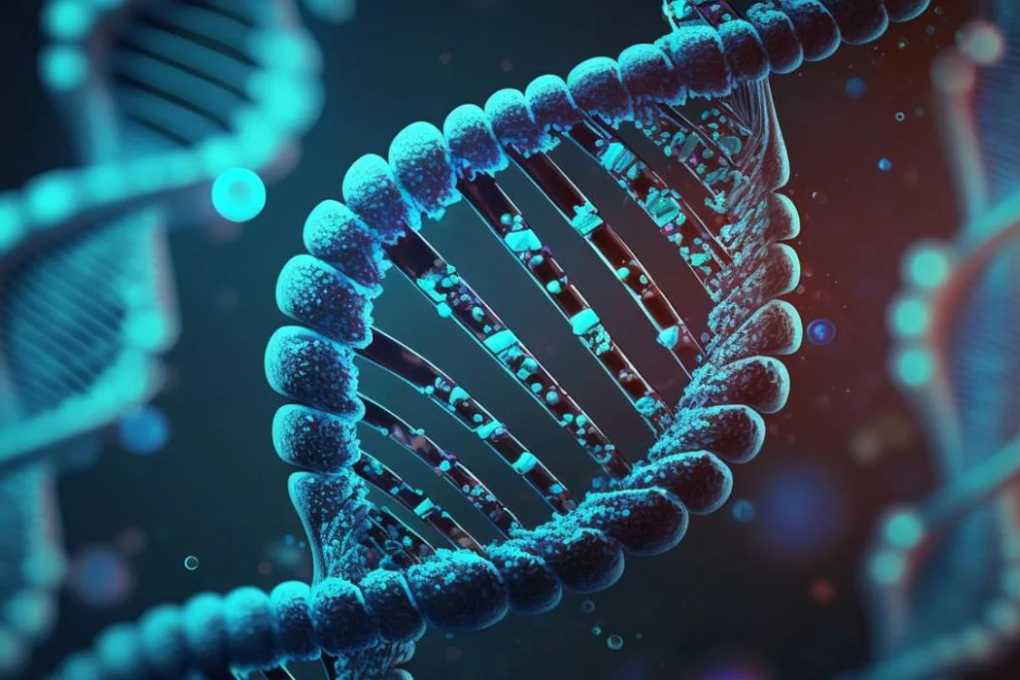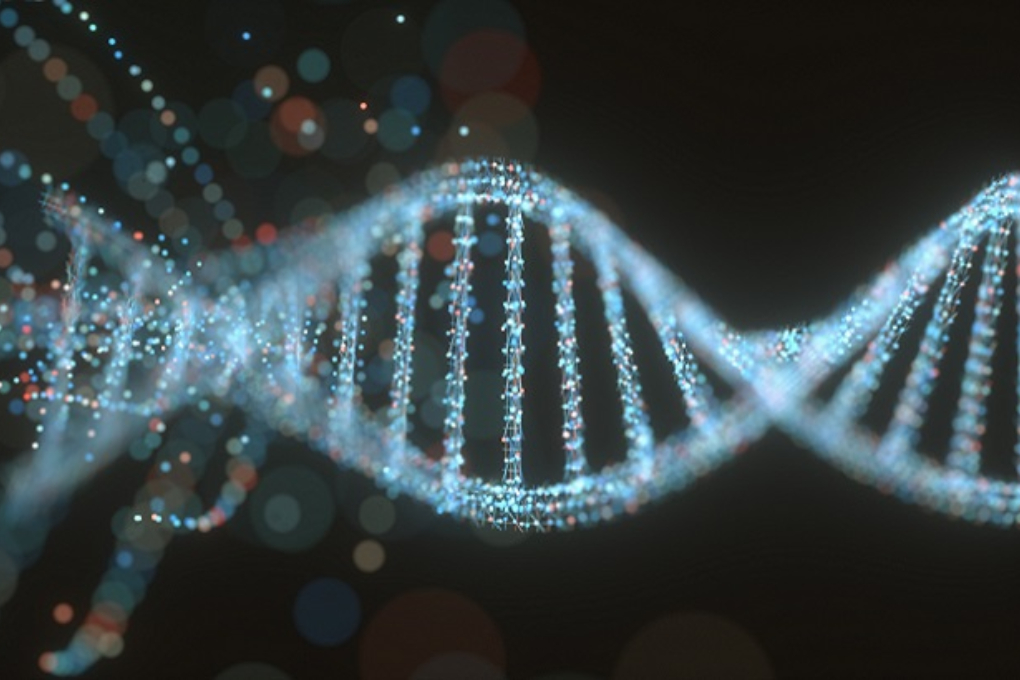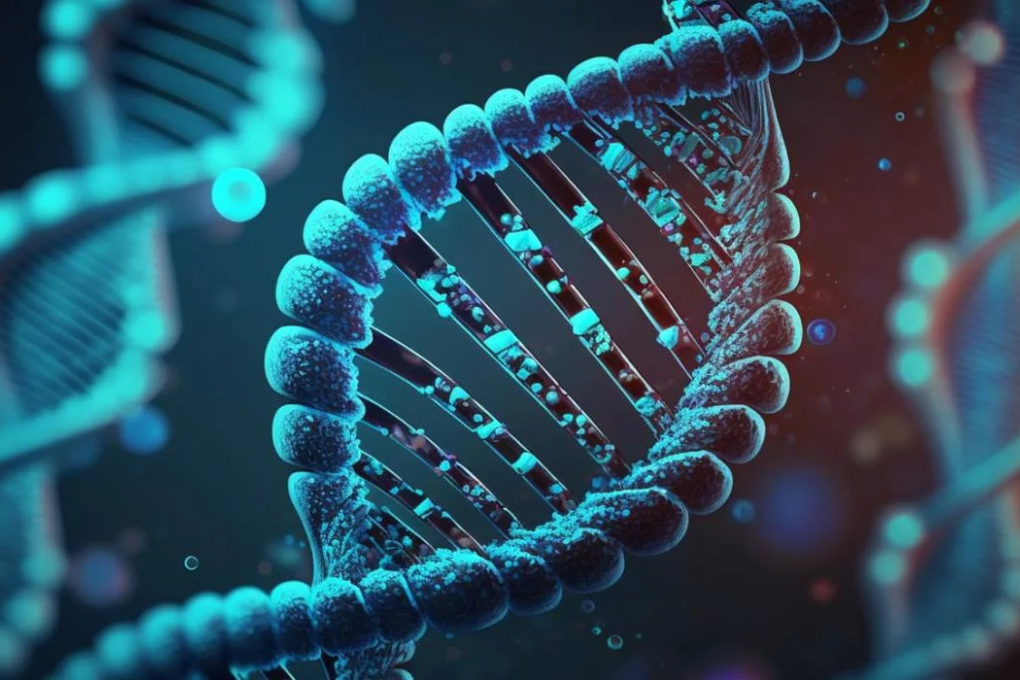Blood pressure is the force of blood pushing against the walls of our blood vessels. High blood pressure, or hypertension, is a common health problem that can lead to serious issues like heart attacks and strokes. Many people know that diet, exercise, and stress affect blood pressure, but genetics also plays an important role. Let us understand how our genes influence blood pressure.

What is the Role of Genetics?
Our genes are like instructions passed down from our parents. They decide many things about us, such as our height, eye color, and even how our body controls blood pressure. If your parents or close family members have high blood pressure, you may also have a higher chance of getting it. Scientists believe that about 40% to 60% of the difference in people’s blood pressure is because of genetics.
Some specific genes control how our body manages salt, water, and hormones. These factors are important for keeping blood pressure normal. For example, the renin-angiotensin-aldosterone system is a group of hormones that helps control blood pressure. If there are changes in the genes related to this system, it can make someone more likely to have high blood pressure.
How Do Genes Work with Other Factors?

Even though genetics is important, it does not act alone. Lifestyle choices like eating too much salt, not exercising, or being stressed can make high blood pressure worse. For example, if someone has a genetic risk for high blood pressure but eats healthy food and exercises regularly, they can lower their risk. On the other hand, someone with no family history of hypertension can still develop it if they have an unhealthy lifestyle.
This shows that both genetics and environment work together to affect blood pressure. While we cannot change our genes, we can control many other factors to stay healthy.
Are Women and Men Affected Differently?
Studies show that genetics may affect women and men differently when it comes to high blood pressure. Research suggests that women with a strong genetic risk are more likely to develop hypertension than men with the same risk. This could be because of differences in hormones or how men’s and women’s bodies respond to changes in blood pressure.
Why Is This Important?

Knowing that genetics plays a role in high blood pressure helps doctors understand who might be at risk. It also helps people take early steps to prevent problems. For example, if you know you have a family history of hypertension, you can check your blood pressure regularly and make healthy choices like eating less salt and staying active.
In conclusion, genetics has a big role in deciding our blood pressure levels. However, it is not the only factor. By living a healthy lifestyle, we can reduce the effects of genetic risks and keep our blood pressure under control. Understanding both genetics and lifestyle factors is key to preventing and managing high blood pressure effectively.
-
 Natural Mounjaro Recipes for Sustainable Weight Loss
Natural Mounjaro Recipes for Sustainable Weight Loss -
 How YouTube Has Changed Online Entertainment for Good
How YouTube Has Changed Online Entertainment for Good










No comment